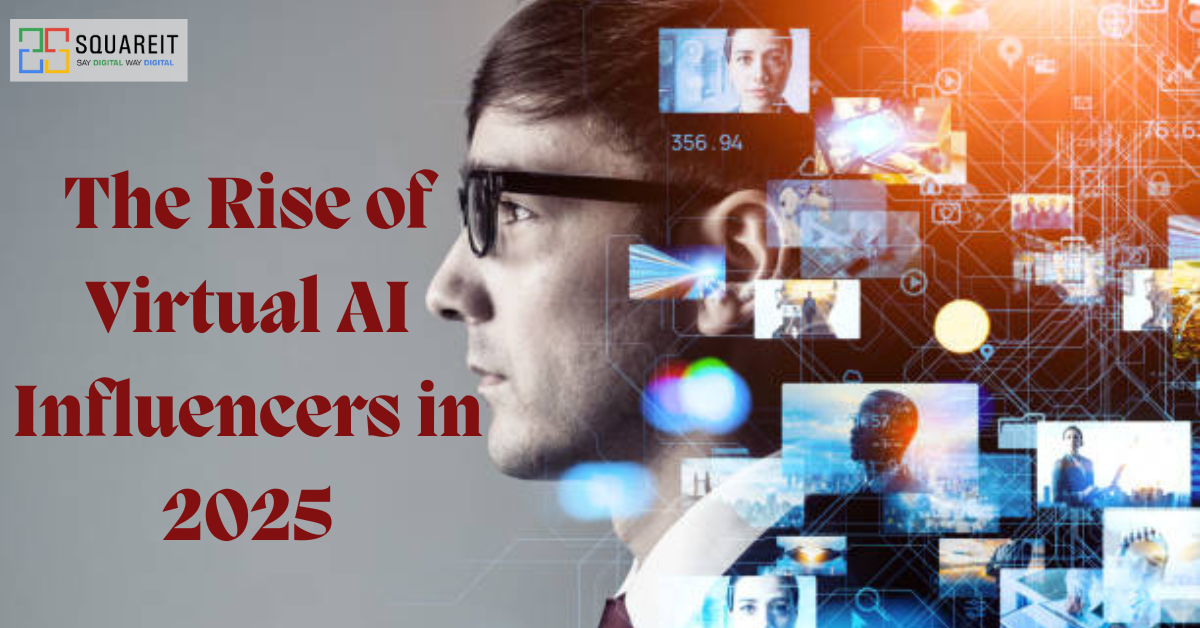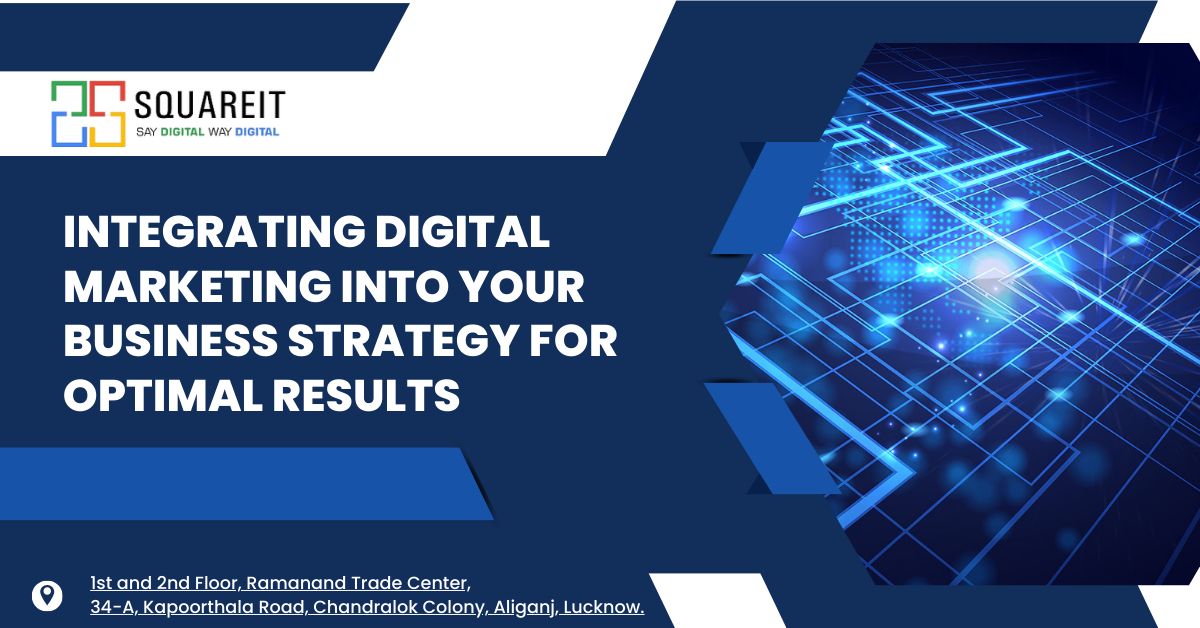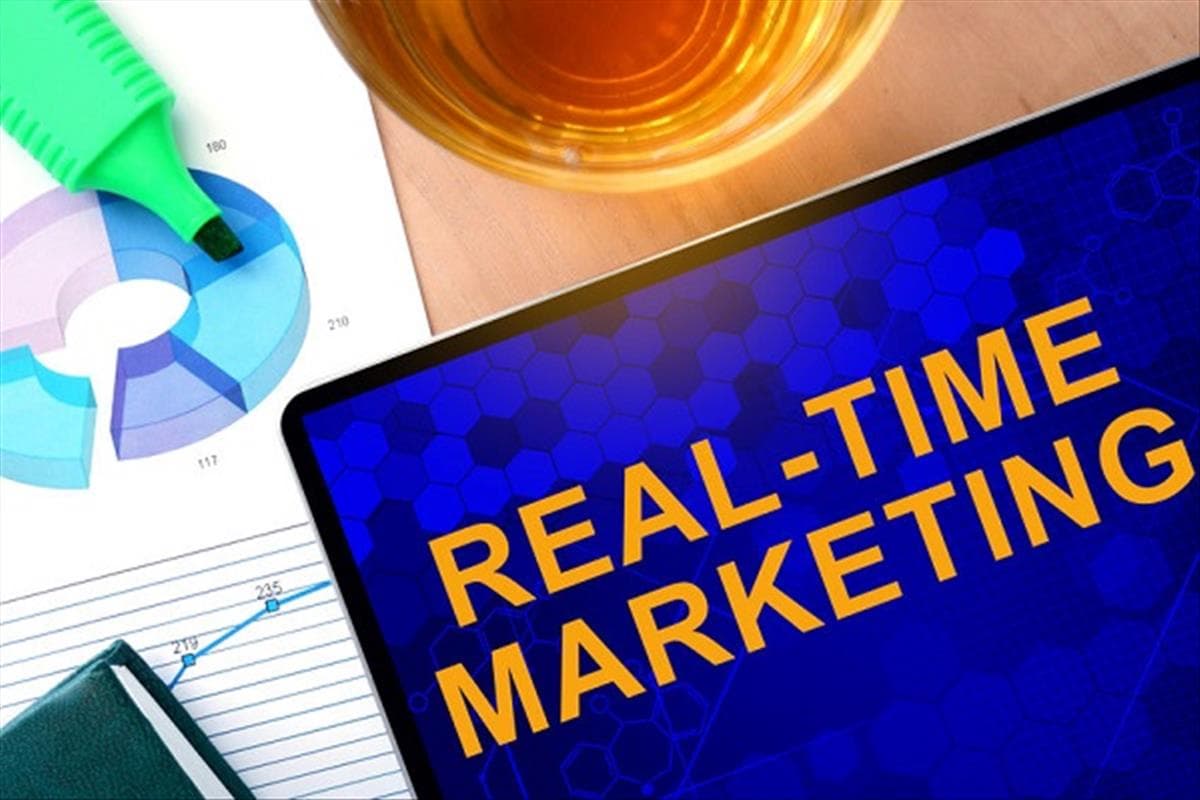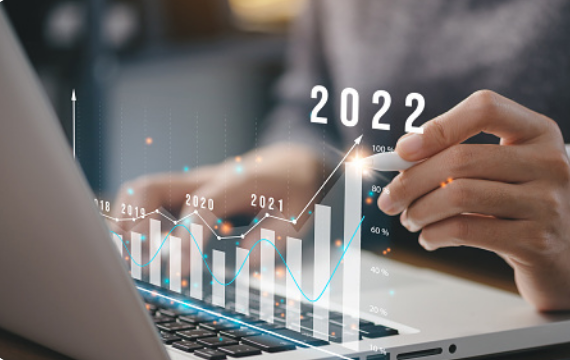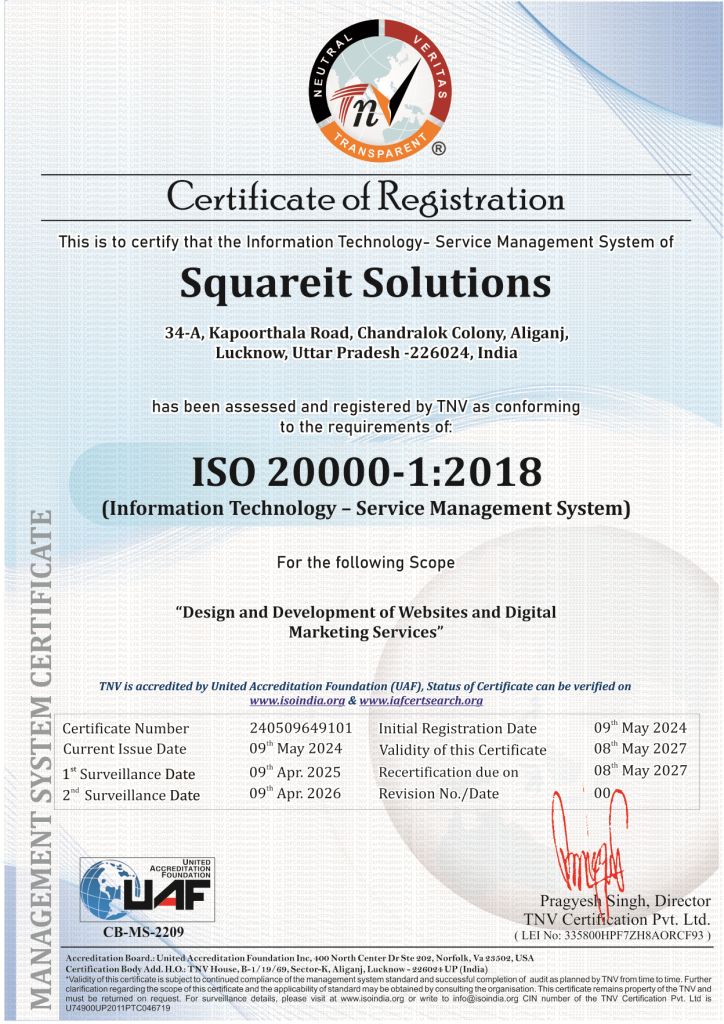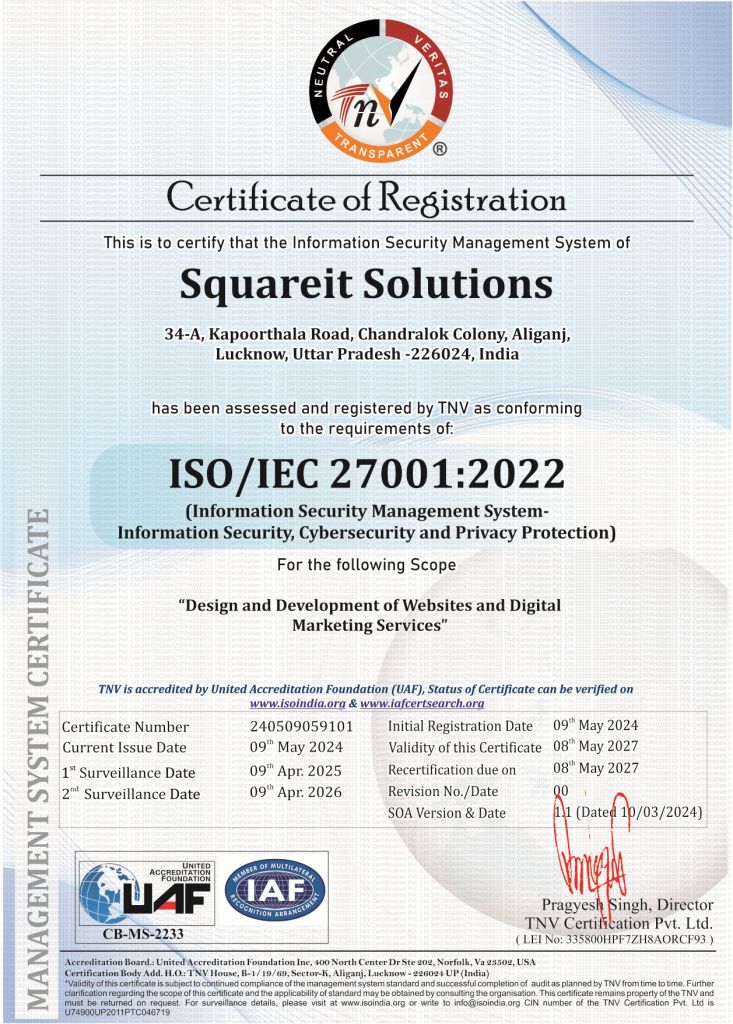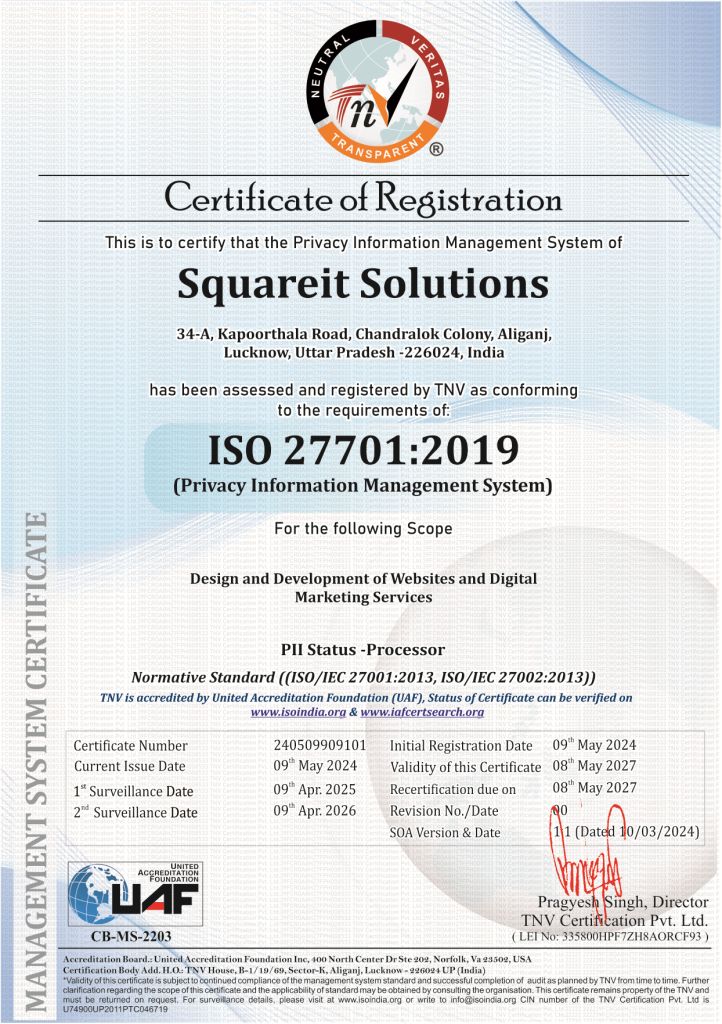AI with Influencer Marketing blends virtual precision and human authenticity, redefining brand engagement in 2025.
The influencer marketing industry has evolved at lightning speed in the past decade. From lifestyle bloggers to TikTok celebrities, brands have consistently leaned on personalities with strong online presence to connect with audiences. But as technology advances, 2025 is witnessing a new phenomenon—AI with Influencer Marketing. Instead of only relying on human creators, businesses are exploring the potential of AI virtual influencers, powered by advanced algorithms, deep learning, and hyper-realistic visuals.
So, the big question is: can AI truly replace human influencers, or will they simply coexist as part of the digital ecosystem? Let’s explore how this trend is reshaping brand strategies and what it means for the future.
The Rise of Virtual AI Influencers
In 2025, the idea of AI-generated personalities is no longer science fiction. Social media is already filled with AI virtual influencers who look and act almost indistinguishable from humans. These computer-generated personas are designed to represent specific lifestyles, cultures, and even values.
Unlike human influencers, they don’t demand high fees, don’t face scandals, and can be customized to perfectly align with a brand’s vision. This makes them extremely attractive for companies looking to streamline costs while ensuring consistency in messaging. The AI influencer trend 2025 shows that more global brands are experimenting with virtual ambassadors to engage with Gen Z and younger millennials.
Why Brands Are Turning to AI with Influencer Marketing
The shift to AI with Influencer Marketing is driven by several unique advantages:
- Cost-Effectiveness: Hiring a human influencer can cost thousands of dollars for just one campaign. An AI influencer can be designed and used repeatedly across multiple campaigns.
- Consistency: Unlike humans, AI doesn’t get tired, make mistakes, or face personal controversies. They can maintain a brand’s image flawlessly.
- Scalability: With AI influencer marketing tools, businesses can create multiple influencer personas that cater to different demographics and regions at the same time.
- Data-Driven Insights: With the integration of influencer campaign AI analytics, brands can measure engagement, predict audience behavior, and fine-tune campaigns with unprecedented precision.
This doesn’t mean humans are out of the picture entirely. Emotional connection, relatability, and authenticity are still areas where human influencers often shine. But AI provides a new dimension to marketing strategies that wasn’t possible before.
The Human Element vs. AI Precision
A central debate in this space revolves around authenticity. Human influencers thrive because audiences connect with their real stories, struggles, and personalities. Their relatability builds trust, which is essential for brand loyalty.
AI influencers, on the other hand, are carefully designed personas. While they may lack genuine emotions, they excel in consistency and adaptability. For example, a brand can program an AI influencer to embody sustainable living or futuristic fashion—something that aligns directly with consumer values.
The challenge lies in balancing AI with Influencer Marketing and human creativity. Forward-thinking brands are now creating hybrid campaigns where AI influencers work alongside human creators, bridging both trust and innovation.
The Role of AI Influencer Marketing Tools
The growing ecosystem of AI influencer marketing tools is making it easier for businesses to embrace this trend. These platforms allow marketers to design AI influencers, plan campaigns, and track performance metrics. They can simulate voice, facial expressions, and even create interactive experiences through AR and VR.
For instance, fashion brands are using AI influencers to model new collections before they are even manufactured. Similarly, tech companies employ them as brand ambassadors for futuristic gadgets. With AI influencer trend 2025 gaining momentum, the toolset around it is expected to grow rapidly, offering more customization and analytics capabilities.
Case Studies: Virtual Influencers in Action
- Lil Miquela: One of the first and most famous AI virtual influencers, Lil Miquela has collaborated with top fashion brands like Prada and Calvin Klein. Her success paved the way for the rise of similar personalities.
- Shudu Gram: Touted as the world’s first digital supermodel, Shudu has modeled luxury fashion, raising questions about the role of digital avatars in the modeling industry.
- AI Brand Ambassadors in Asia: In markets like Japan and South Korea, AI with Influencer Marketing is being widely adopted as audiences are more open to virtual idols and digital personalities.
These examples show that AI influencers are not a passing trend, but a growing part of brand storytelling.
Future Possibilities with AI Influencer Trend 2025
As AI becomes more advanced, virtual influencers will likely evolve into interactive entities capable of real-time engagement. They might respond to comments, personalize recommendations, or even host live sessions. This creates endless opportunities for customer engagement.
The AI influencer trend 2025 suggests that influencer marketing will become increasingly data-driven, with AI not only creating content but also optimizing how and when it’s delivered to audiences. By merging creativity with technology, brands will be able to build stronger, more targeted relationships with their customers.
Conclusion
So, can AI replace human influencers entirely? The answer is more nuanced. While AI with Influencer Marketing is redefining how brands connect with audiences, it may not completely overshadow the human touch. Instead, the future lies in collaboration—where human creativity and authenticity blend seamlessly with AI’s precision and scalability.
In 2025 and beyond, the key to success will be leveraging both worlds to create campaigns that are authentic, innovative, and deeply engaging. With AI influencer marketing tools, AI virtual influencers, and advanced influencer campaign AI analytics, the industry is heading toward a future where brand storytelling is more dynamic and impactful than ever.
FAQs on AI with Influencer Marketing
Q1: What is AI with Influencer Marketing?
AI with Influencer Marketing refers to the use of artificial intelligence—such as virtual avatars, data analytics, and automation—to create, manage, and optimize influencer campaigns.
Q2: How do AI virtual influencers work?
AI virtual influencers are computer-generated characters designed with realistic appearances and personalities. They can be programmed to represent specific lifestyles and interact with audiences online.
Q3: Are AI influencers better than human influencers?
Not necessarily. AI influencers bring consistency and scalability, while humans bring authenticity and emotional connection. Many brands are using a mix of both for maximum impact.
Q4: How can brands select the right AI influencer?
Through AI influencer selection tools, companies can design influencers that match their brand’s personality and audience demographics. This ensures that campaigns feel relatable and targeted.
Q5: What role does AI play in campaign analysis?
With influencer campaign AI analytics, marketers can track engagement, conversions, and audience sentiment. This data helps in refining future strategies and improving ROI.
Q6: What is the future of AI influencer marketing?
The AI influencer trend 2025 predicts deeper integration of AR, VR, and AI, creating hyper-personalized campaigns that can interact with audiences in real-time.

